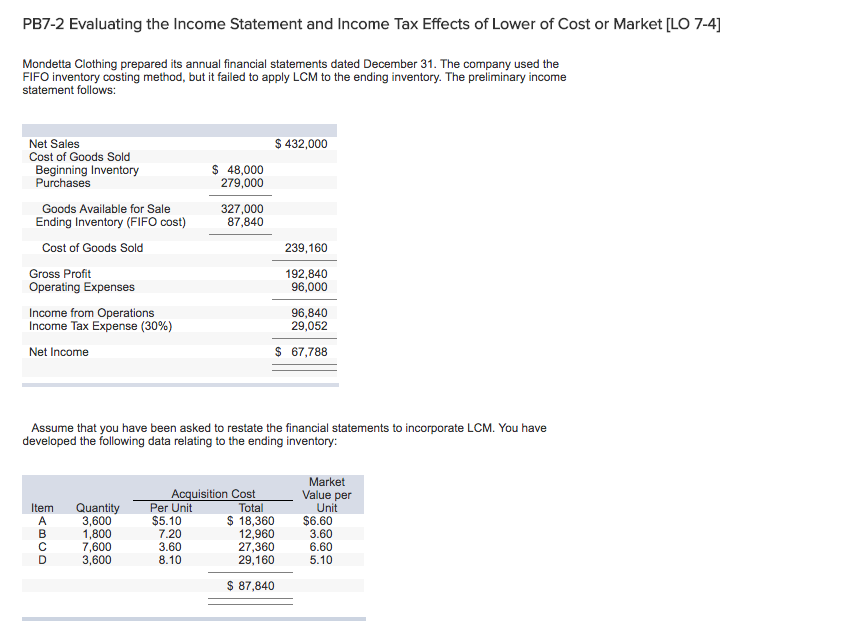
The economics of tax policy is concerned with designing a tax system.

Learn more on this topic in our article - Two Principles of Taxation. Principles are essential to developing a tax system as various people would have different opinions on what the tax system should be like. Economists design such systems based on certain principles, such as the benefit principle and the ability-to-pay principle. What is the definition of the economics of taxation? The economics of taxation is the design of an efficient tax system that would be fair, equitable, and simple to understand. Eager to dive deeper into the depths of the economics of taxation? Keep scrolling! The Economics of Taxation Definition The economics of taxation is the design of an efficient tax system that would be fair, equitable, and simple to understand.

Public goods and services like street lighting, roads and railways, defense, and even education, in some cases, are funded from this revenue. The government doesn’t just take your money with nothing provided in return. Income tax and other forms of taxes are essential sources of government revenue. Why did the government just take the money away from me, you ask? This is highly frustrating! Where did that money go? You reach out to the accountant at your company and find out that you have paid a certain percentage of your earnings to the government. Imagine you receive your first paycheck for the first month you worked on a new job… and the amount of money on it is less than you expected.

Equilibrium in the Loanable Funds Market.


 0 kommentar(er)
0 kommentar(er)
